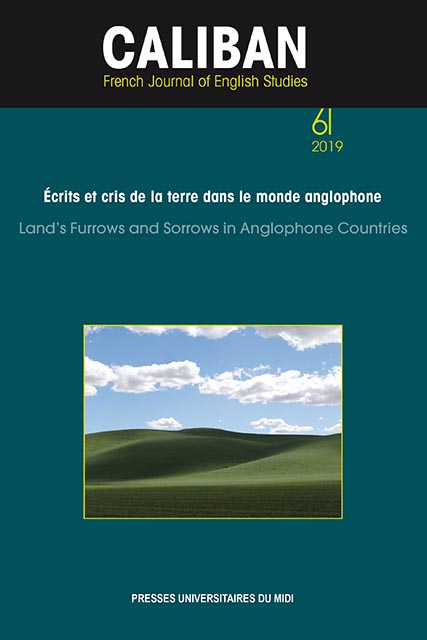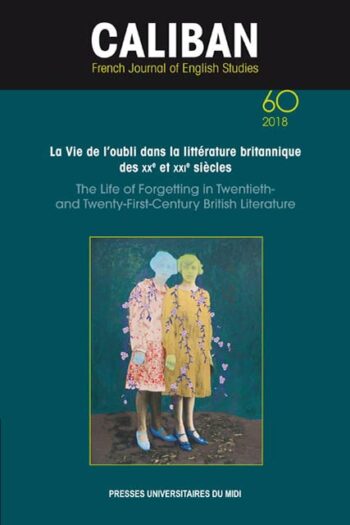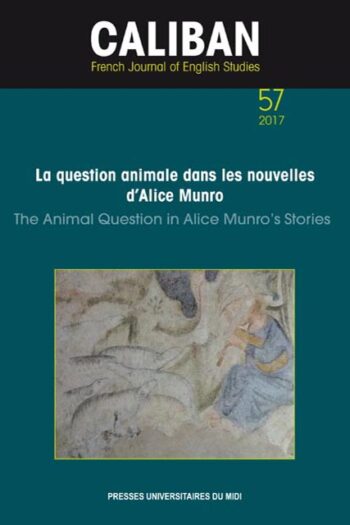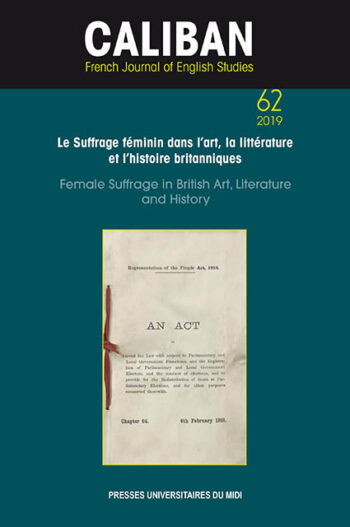Écrits et cris de la terre dans le monde anglophone
Les textes présentés dans ce numéro de Caliban montrent la terre comme écriture mais aussi la terre en souffrance, la terre blessée et la terre défendue, notamment par les textes. On y voit la terre palimpseste et l’agriculture comme écriture, des récits de voyageurs, les transformations du paysage comme reflet de l’histoire, les mythes des Premières Nations reflets de la terre vivante, la plume et l’outil à travers les poètes, et la terre qui soigne, les traces sauvages et les traces cultivées : le monde animal comme mémoire de la terre, les migrations, racines et déracinements. Le thème de la liberté et des terres volées y est abordé.
On y parle aussi de l’écriture et des voix de la terre non humaine. Parmi les textes forts qui figurent dans ce numéro, on peut mentionner un texte inédit du chercheur en écocritique Scott Slovic, co-fondateur de l’association internationale ASLE (Association for the Study of Literature and the Environment), et un texte inédit du poète nigérian Niyi Osundare ainsi que plusieurs de ses poèmes en version anglaise et dans leur traduction française.
Land’s Furrows and Sorrows in Anglophone Countries
The texts presented in this issue of Caliban show the land as writing but also the suffering planet, the land wounded by human actitivities, and the land defended, particularly by texts. The land appears as a palimpsest, and agriculture may be seen as a form of writing, in travel books, in novels or in poems. The transformations of landscapes appear as reflections of history, the myths of First Nations appear as a reflection of the living Earth ; the pen and the tool are united through poets’ perception of the Land.
The land also heals its inhabitants and the writing of the Earth also appears in tracks : animal tracks as memory of the land. Migrations, roots and uprooting, fredom and stolen lands are political visions of the land writing its story and history. The writing and voices of the nonhuman world are tackled in several texts. Among the powerful texts appearing in this issue, we can mention an unpublished text by Scott Slovic, the co-founder of the international organization ASLE (Association for the Study of Literature and the Environment), an unpublished essay bu Nigerian poet and scholar Niyi Osundare, as well as several of his poems in English and in their French translation.





